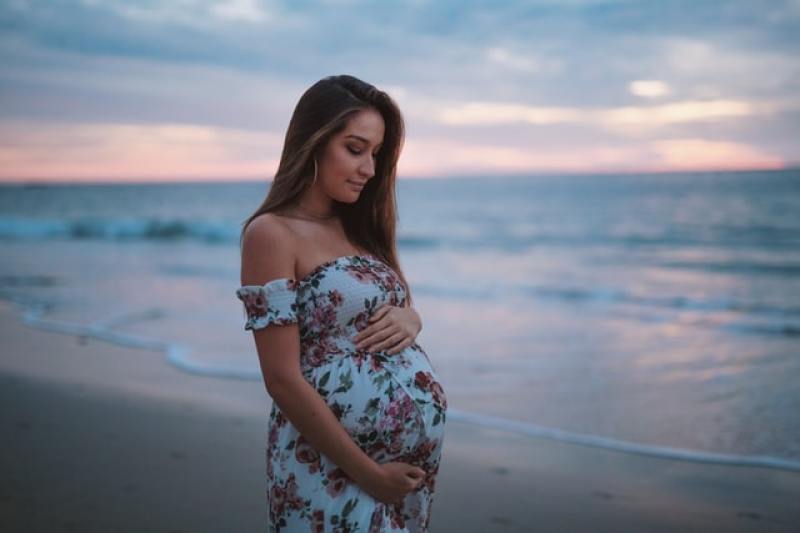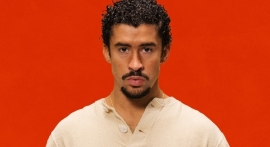
An abortion activist was reported in stating that women are pro-life and overturning Roe v. Wade won't result in an "electoral" backlash from women.
Life News cited pro-abortion columnist Megan McArdle of Washington Post for admitting that public opinion on abortion-on-demand being made legal does not jive with actual surveys on it. McArdle even predicted that once Roe v. Wade is overturned, the expected backlash from women won't even happen.
"It seems a reasonable assumption that women care more about abortion than men, since we indisputably bear the burden of pregnancy. As such, it also seems reasonable to assume, as many people do, that a Supreme Court ruling in the Mississippi case to overturn Roe v. Wade would result in a fierce electoral backlash from women belatedly awakened to the dangers of GOP rule. In fact, there's no real data to back up those assumptions," McArdle was quoted in stating.
A writer for Newsweek and The Daily Beast, McArdle's statements came from her op-ed published by the Washington Post on Friday, Nov. 3. She said in the op-ed that there is a "remarkably small--and arguably non-existent" division between men an women when it comes to the issue of abortion.
McArdle then referenced various surveys conducted in the last thirty years on the matter. One of the studies she cited involved a 1970s opinion on abortion conducted by the University of Chicago National Opinion Research Center regarding a General Social Survey.
The said university's General Social Survey showed that Roe v. Wade did not change public opinion on abortion and that women and men's opinion on abortion do not actually differ from each other, although there are cases the latter supported legalized abortion more. McArdle pointed out that the 1972 data does not change with 2012 data, and that minimal changes were seen six years later in 2018.
"In 1972, overwhelming majorities of men and women supported abortion in cases of rape, fetal abnormalities or danger to the mother, with basically no daylight showing between men's and women's answers. By 2012, the percentages were virtually unchanged, as was the gender distribution," McArdle revealed.
"To be fair, a small gender gap did emerge in the most recent survey. The men surveyed in 2018 were somewhat more likely than women to support abortion in such cases. But given the stability of answers over the years, this may just mean that 2018 respondents were less representative than usual on abortion rights," she added.
A 2012 poll from the University of Chicago, on the other hand, revealed that majority of both genders (60%) agree on legalizing abortions in situations where a married woman can not afford to have more children or do not want an additional one.
These opinions, McArdle said, may change among Americans if the United States Supreme Court does overturn Roe v. Wade when it comes out with its decision on the Dobbs v. Jackson Women's Health Organization in June following the oral arguments last week.
McArdle explained that the change in opinion would come as a result of the Supreme Court empowering people to get involved directly in policymaking on abortions through their states, which is the focal point of the Dobbs v. Jackson case.
The case puts a spotlight on the Mississippi Gestational Act, which bans the procedure from 15 weeks of pregnancy. McArdle underscored that the debate now on abortion would shift from being a gender issue of empowerment to one on "values or lifestyle."






























